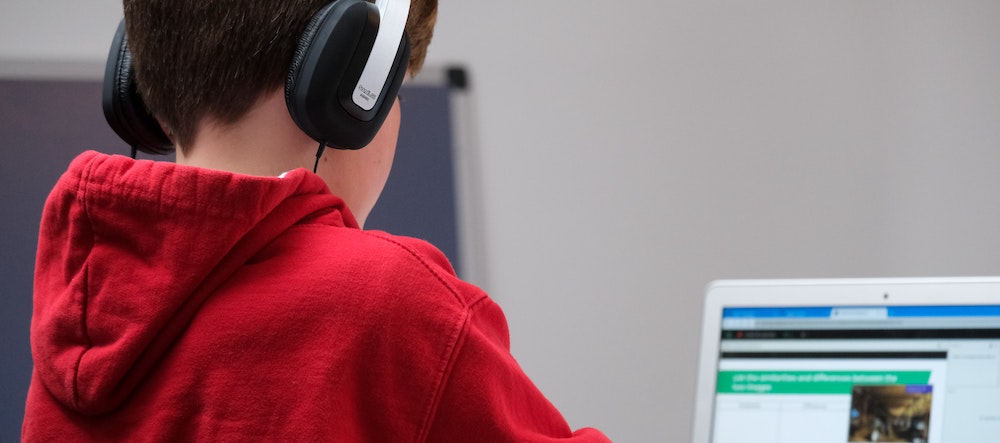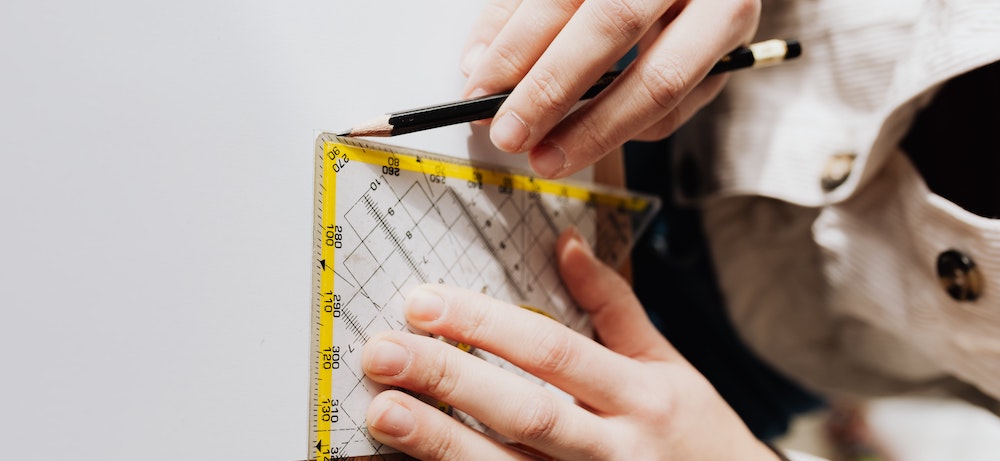
Students should have opportunities to reflect on their own learning and progress. For example, unscored items such as "How did you know?" or "Explain what happened" guide students in thinking about what they have learned. An unscored "wonder question" provides an opportunity for students to reflect on what they have learned about a science concept.
Penalizing student for answer to a self-reflection item, and/or including too many self-reflection items that distract or frustrate the student.
Consider how students with visual impairments or communication support needs can respond to a wonder question or other unscored self-reflection items.


